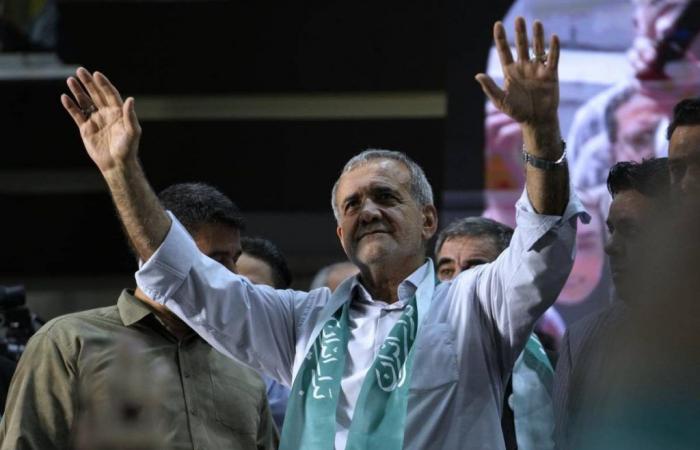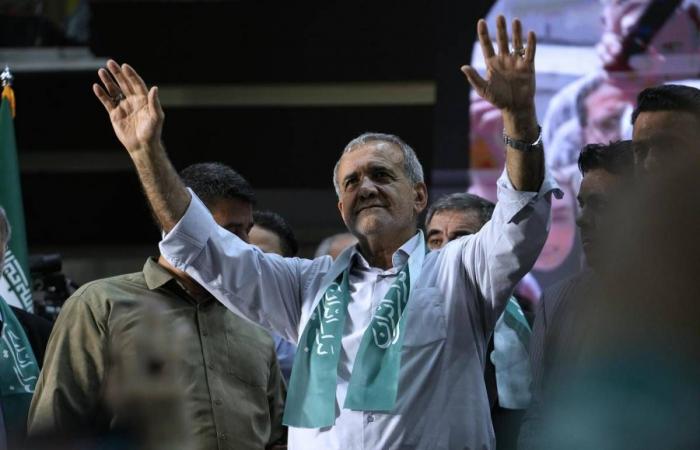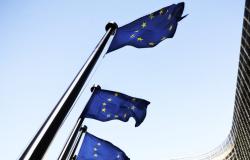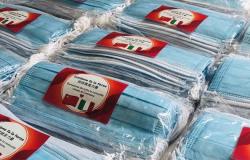The reformists raise their heads again and Iran is preparing for a high-tension ballot on Friday 5 July, with the challenge between the progressive Masoud Pezeshkian and the fundamentalist Saeed Jalili. We go to the second round because neither of them managed to obtain an absolute majority in the presidential race. Pezeshkian secured a narrow lead, receiving 10.45 million votes, compared to Jalili’s 9.47 million, while fellow conservative leader Mohammad Bagher Ghalibaf got 3.38 million. A fourth candidate, Mostafa Pourmohammadi, only 206 thousand. The match will be tough.
The two contenders, at least on paper, are very different in ideology. Pezeshkian, a 70-year-old doctor and former health minister, promised a new approach: he specified that the actions of the morality police, which impose strict dress codes on women, are “immoral”. But even though he is a reformist, he is loyal to the supreme leader. Some commentators have pointed out that, should he be elected, the Islamic Republic should expect nothing more than a difference in tone. The next president is not expected to introduce any political changes as Khamenei decides on major issues.
The race will be played on a knife edge. Most of Ghalibaf’s votes are expected to go to Jalili. And two other candidates, Tehran Mayor Alireza Zakani and Amir-Hossein Ghazizadeh Hashemi, who withdrew shortly before the polls opened, have called on their supporters to back Jalili for the victory of the “revolutionary front.” But the reformists seem to have failed so far to persuade the younger generation who are demanding greater freedom. Some describe Generation Z’s Iran as depoliticized, while others are aware that whoever is elected will not have control over the levers of power that remain in the hands of the supreme leader and the Pasdaran. Pezeshkian has sought to engage students and has promised that there will be no repression against those who refuse to wear the hijab. But at the heart of his campaign has been the argument that the country’s economic woes will not end unless it engages with Western economies, including by renegotiating the nuclear deal. Backed by former Foreign Minister Javad Zarif, he has accused hardliners of leading Iran into a dead end.
Jalili, a member of the Supreme National Security Council, has also promised to stimulate economic growth, as well as fight corruption, but supports a tougher stance against the West. Jalili’s name is linked to nuclear negotiations that led to Iran’s isolation on the global stage and the imposition of sanctions by the UN Security Council. Jalili and other conservatives said a Pezeshkian victory would mark only a third administration of former President Hassan Rouhani.
Another important fact: only about 40% went to the polls, the lowest number since the Islamic revolution of ’79. The boycott is a rejection of the regime, also influenced by the disillusionment in the aftermath of the protests of 2022-23 and the disastrous economy with inflation above 40%.







